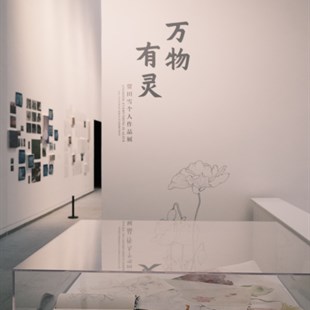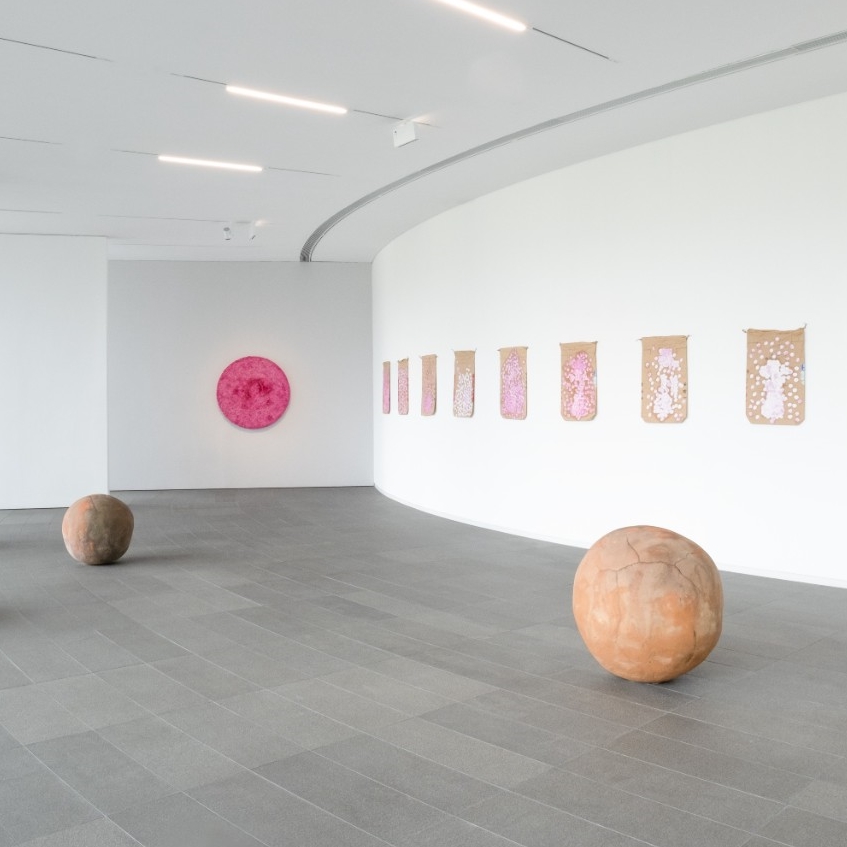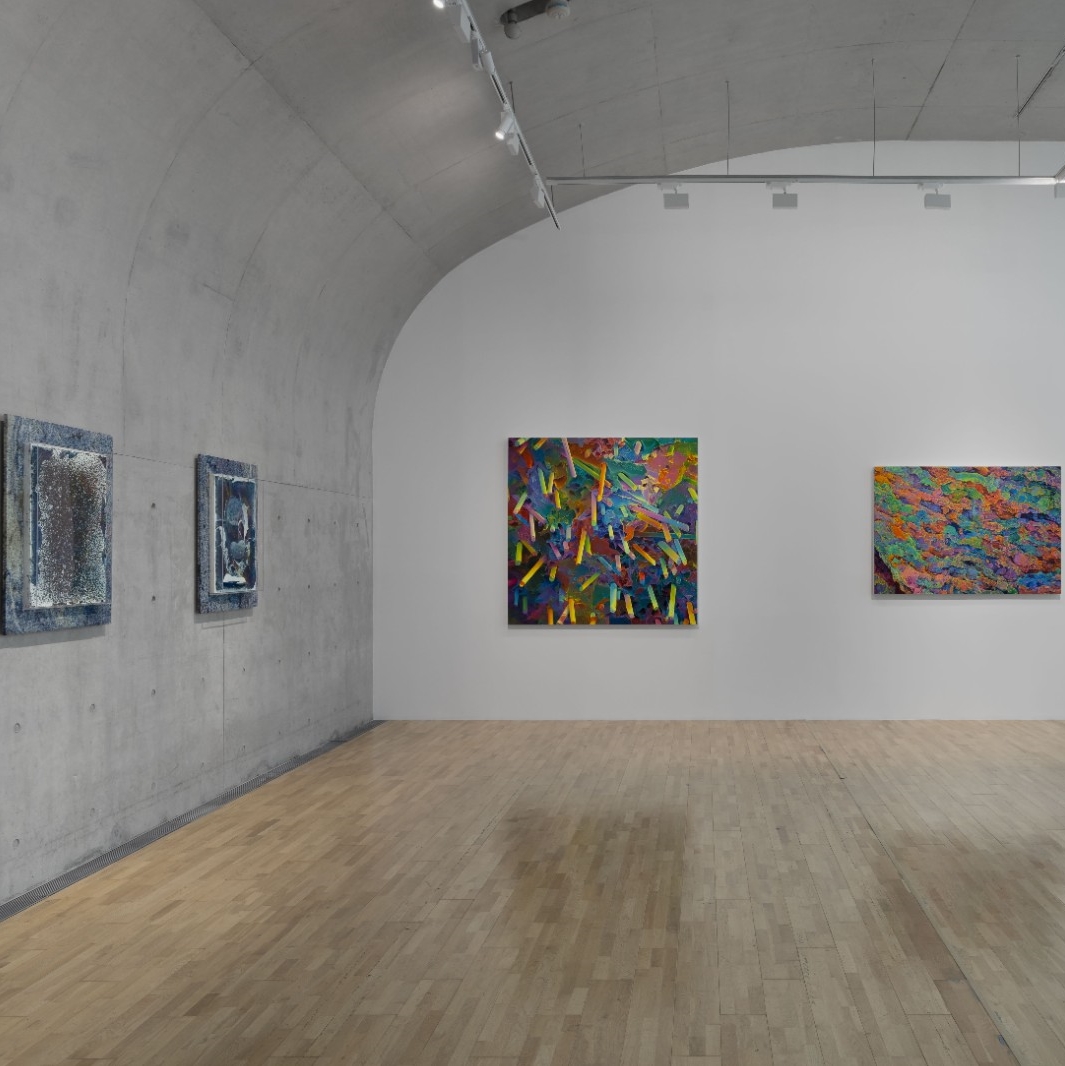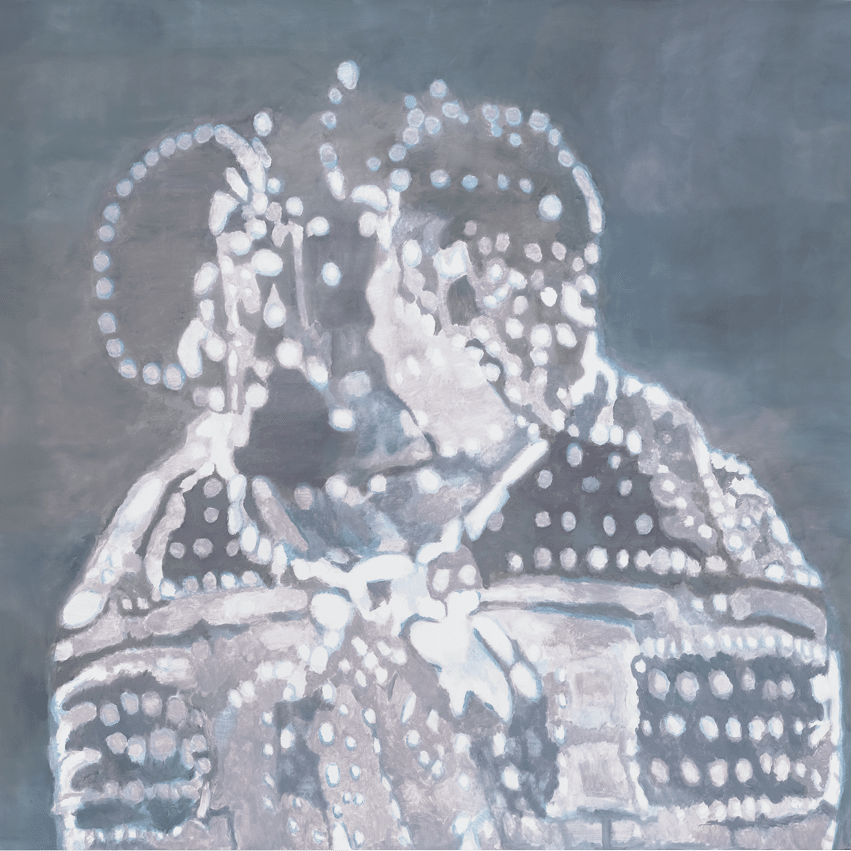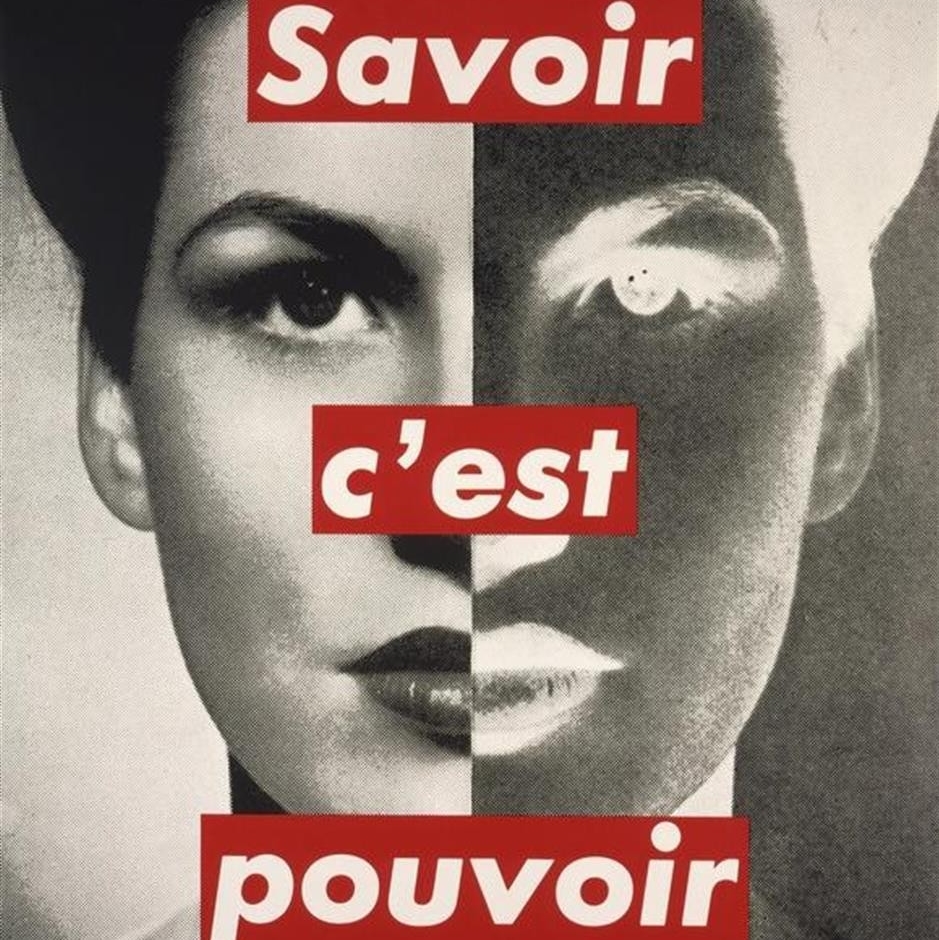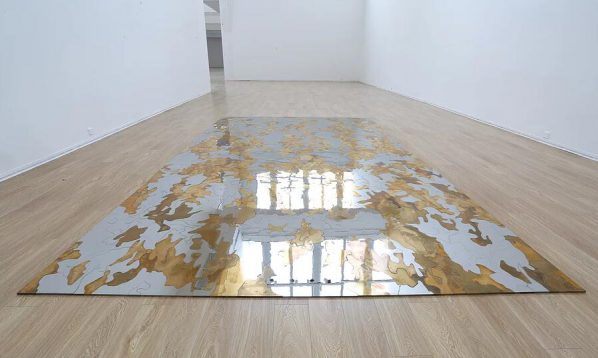
Zhao Zhao, Desert, 2017; Bronze, Steel, 500x300cm
Tang Contemporary Art presents “Desert Camel,”a solo exhibition for artist Zhao Zhao curated by Cui Cancan, from September 23 to October 2, 2017. As a continuation of his Taklamakan Project from two years ago, Zhao Zhao brings a camel that lived near the Taklamakan Desert, a local keeper, and a marble tank and a feeding trough of his own design into the exhibition hall. Together with Camel, Zhao Zhao will present his new installation Desert.
In 2015, when Zhao Zhao was conceptualizing Taklamakan Project, he attempted to move the cable for the piece using the ancient method of the camel. However, because of the complexity and difficulty of implementing the project, Zhao Zhao ended up selecting a more modern method. In this exhibition, this camel will live for ten days in a modern environment, and the historical information and current symbols that the camel represents create a distinctive landscape in the space. The camel is like a living fossil, providing the artist and the exhibition with an entirely new visual aesthetic and real meaning, and because of its circumstances, the camel becomes the starting point and the form of this exhibition.
Zhao Zhao’s Fragments series has appeared often in his previous presentations, and Desert is a continuation of this concept. A 3x5-meter fragment comprised of steel and copper plates with curving, spreading edges create the outline of an undulating desert, linking copper fragments from past civilizations with the steel of modern industry. Desert is the most important part of this exhibition; it is a re-evaluation of Taklamakan Project, but it is also a real reference point for Camel and the historical background for the exhibition.
When the intense visual forms of Desert and Camel appear in the same time and space, Zhao Zhao purposely treats them as two fragmentary glimpses of another reality: an artist who is always beginning a new journey, the “Western Regions” and Central Asia, the Silk Road, fifteenth-century colonizers, Zhao Zhao’s parents, and Zhao Zhao’s two long journeys into the Taklamakan Desert. However, this is also a reverse consideration of the reality in which we live; behind the narrative and visual feeling, an aesthetic that pierces through these two fragmentary glimpses can reveal the realities that are taking place behind the metaphor.
About the artist
Born in 1982 in Xinjiang, China, Zhao Zhao graduated from the Xinjiang Institute of the Arts in 2003 and later attended the Beijing Film Academy. The former assistant to Ai Weiwei and now regarded a significant figure among the young Post-80s generation of contemporary Chinese artists – Zhao Zhao's work is often renowned for confronting existing ideological structures and exercising the power of individual free will in his work. His provocative, multidisciplinary artist practice has garnered him international attention in recent years as an 'artist to watch'.
About the Curator
Cui Cancan is an active Chinese independent curator. He was the winner of the CCAA (Chinese Contemporary Art Award) Critics' Award, Critics' Award in Chinese contemporary art by YISHU (Journal of Contemporary Chinese Art), the annual award by L'OFFICIEL Art and so on. He was also appointed special observer for the 13th Kassel Documenta. As a curator, Cui contributed to the success of major exhibitions including Heiqiao Night Away (2013), FUCKOFF II (2013), Unlived by what is Seen (2014), Ai Weiwei solo exhibition (2015), etc.
About the exhibition
Curator: Cui Cancan
Dates: September 23 to October 2, 2017
Venue: Tang Contemporary Art Beijing, Space II
Courtesy of the artist and Tang Contemporary Art Beijing, for further information please visit www.tangcontemporary.com.


